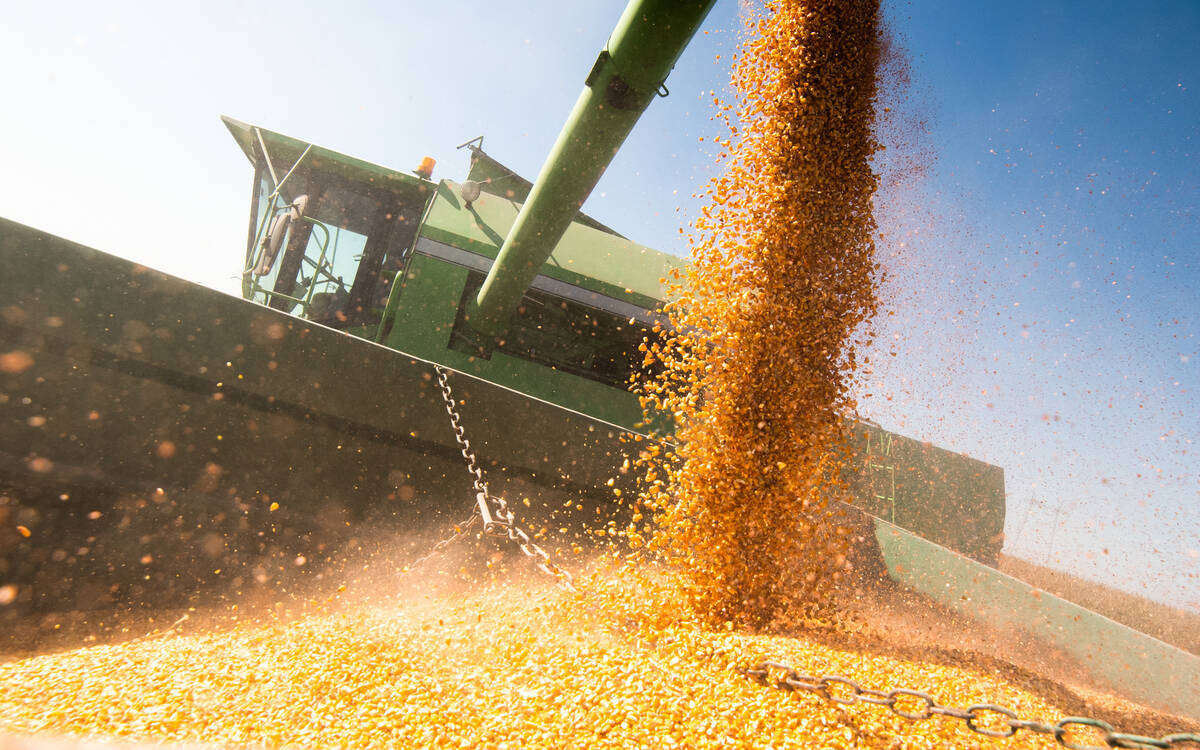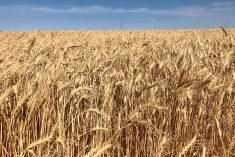The deal that clears Canadian-certified organic food for sale as organic in the European Union is now expanded to cover Canadian-processed products with some imported ingredients — and to include organic wine.
Canada’s Agriculture Minister Lawrence MacAulay and EU Agriculture Commissioner Phil Hogan on Thursday confirmed the expansion of scope for the EU-Canada Organic Equivalence Arrangement (EUCOEA), as approved last month by the EU, is now in force.
The EUCOEA, as set up in June 2011, allows imports and exports of certified organic products between Canada and the EU, with no additional certifications required.
Read Also

Feed Grain Weekly: Corn affecting barley prices in Lethbridge
Corn imports entering Lethbridge have lowered prices for feed barley compared to those in Edmonton.
The arrangement at the time restricted imports of organic products from Canada into the EU, to cover only organic products that were grown or processed entirely in Canada.
However, with the expanded scope announced Thursday, Canadian organic processed products that are certified to Canadian organic standards and imported into the EU may contain organic ingredients from third countries.
Organic wine also wasn’t included in the EUCOEA’s scope in 2011, as labelling and wine organic production rules in the EU were subject to a review underway at the time. The EU adopted new rules on organic wine the following year.
The EUCOEA’s expanded scope now officially covers organic wine, the two parties said Thursday, so organic wine certified to EU or Canadian organic standards may be sold and labelled as organic in both markets.
The expanded agreement, as announced last month, came into force seven days after the EU’s approved new regulation was published in the EU Official Journal at the end of March.
“This decision follows a thorough assessment of the equivalence of EU and Canada organic wine production standards and import control systems,” MacAulay and Hogan said in Thursday’s statement.
The expanded scope is expected to benefit organic operators in both markets, MacAulay and Hogan said, as it will cut down certification costs and boost export opportunities.
Canada’s government and the European Commission “look forward to continue working together to improve” the EUCOEA and further improve trade in organic goods, they said.
The Canadian Organic Trade Association has previously valued the EU’s overall market for organic products at an estimated 23.9 billion euros (about C$35.7 billion), making it the world’s second-largest organic market. — AGCanada.com Network















